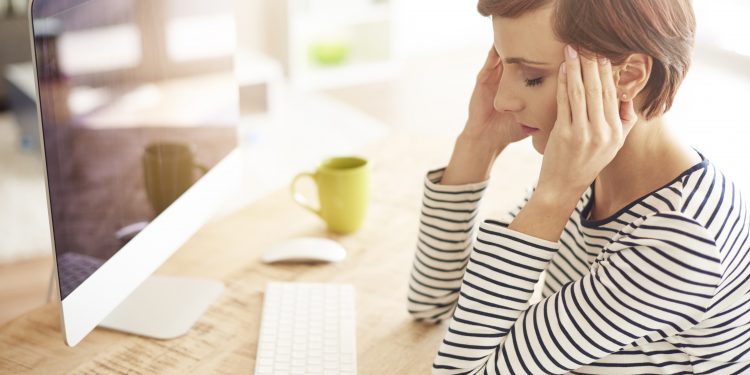by Jonathan Chung, D.C.
Persistent headaches are arguably the most common problem associated with persistent post-concussion symptoms. While these headaches do look and feel similar to migraine headaches, they have their own classification under the umbrella of post-traumatic headache (PTH).
Even though PTH has its own category and has been researched extensively, clinicians and scientists have struggled to define these headaches in a clinically useful way.
What anatomy is triggering the pain?
What kind of blood test or imaging can help identify PTH?
What kind of pain and symptom pattern does PTH show?
There has been very little consensus on this. Some have attributed these headaches to injuries in the cervical spine. Others say that these headaches are a result of a pain sensitization process occurring in the brain or spinal cord. The only thing we really know about these headaches is that they began or worsened following a trauma to the head and neck.
A 2018 study published in the American Headache Society’s Journal Headache has raised an interesting question about the role of the autonomic nervous system in PTH. While it has become a well-established concept that the autonomic nervous system is subject to dysfunction after a concussion, it wasn’t understood whether it played a role in headache syndromes. Dr. Levi Howard and his team decided to see if symptoms of autonomic dysfunction could differentiate patients with PTH from patients with migraine headaches.
The study showed that patients with PTH scored significantly higher on a survey for dysautonomia called the COMPASS-31 compared to both normal controls and migraine patients. The authors found that the scores of patients with PTH were similar to those with conditions like small-fiber polyneuropathy, but not quite at the level of postural orthostatic tachycardia syndrome (POTS) or pure autonomic failure.
What Does This Mean for Treatment?
Understanding the role of dysautonomia in persistent post-concussion symptoms is still in its infancy but there are studies showing that when the signs of autonomic dysfunction improve, the persistent post-concussion symptoms improve as well. One of the most important new treatments for concussion is sub-symptom threshold exercise therapy, and the rationale for the therapy is that it helps to rehabilitate the autonomic nervous system’s ability to regulate blood flow to the brain.
Furthermore, there are a number of safe ways to measure and improve autonomic function. One important tool that is becoming more widely available is heart-rate variability (HRV). HRV crunches data from your pulse to provide a surrogate measurement for the function of the autonomic nervous system. Higher HRV scores are associated with decreased stress responses and improved recovery from stroke, cancer, and other illnesses. Previously you could only measure HRV from an EKG, but now there are dozens of apps and fitness trackers that can easily provide this data.
With the right supervision, you can measure the impact of sleep and exercise on your body’s recovery. You can also see if different therapies are improving autonomic nervous system function in conjunction with headaches. Some non-invasive therapies that are known to improve HRV and headaches include yoga, meditation, cardiovascular exercise, and chiropractic care.
Jonathan Chung, DC is the founder and upper cervical chiropractor at Keystone Chiropractic and
Neuroplasticity in Wellington, Florida. Learn more about their cervical vestibular rehabilitation program at www.chiropractickeystone.com











